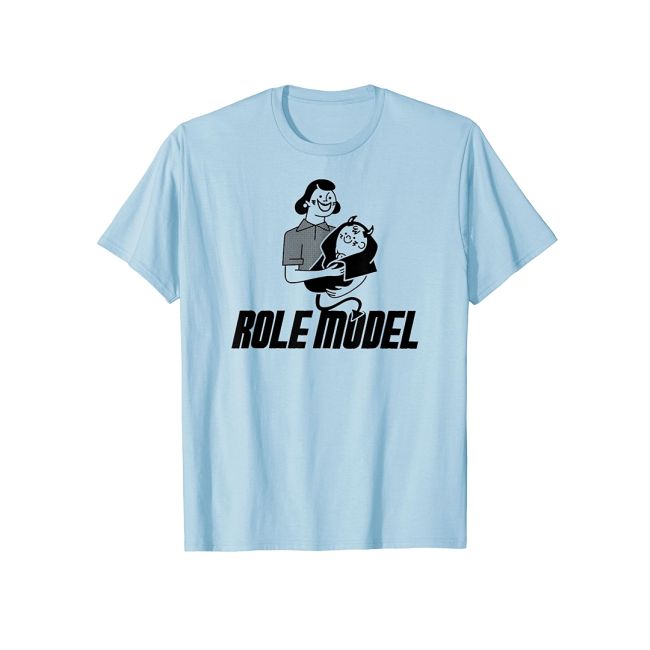In today’s fast-paced world, where digital interactions often overshadow genuine human connections, the concept of authenticity has become increasingly valuable. The Role Model Official Shop Experience emerges as a beacon of this authenticity, offering customers more than just products-it provides an immersive journey into the ethos and values behind a brand. This experience is not merely transactional; it is transformational, fostering trust and loyalty through transparency and genuine engagement.
At its core, the Role Model Official Shop Experience aims to bridge the gap between brands and consumers by creating an environment that reflects true identity. Unlike generic retail spaces or impersonal online stores, these official shops are meticulously designed to embody the spirit of their role models-whether they be influencers, celebrities, or cultural icons. Every element within the shop-from product selection and packaging to customer service-resonates with authenticity. Customers feel they are partaking in something real and meaningful rather than simply making a purchase.
One significant aspect of this experience is storytelling. Authenticity thrives on narratives that reveal personal journeys, struggles, achievements, and philosophies. The Role Model Official Merch Shop integrates these stories seamlessly into its environment using multimedia displays, interactive installations, or even live events featuring the role models themselves. This narrative immersion allows customers to connect emotionally with both the individual behind the brand and what they represent. It transforms shopping from a mundane activity into an inspiring encounter filled with purpose.
Moreover, transparency plays a pivotal role in reinforcing authenticity within these shops. Consumers today demand honesty about product origins, manufacturing processes, ethical standards, and sustainability efforts. By openly sharing such information through visible labeling or direct communication channels within the shop setting, brands demonstrate accountability and respect for their audience’s values. This openness cultivates deeper trust-a cornerstone in building long-term relationships between role models and their supporters.
The personalized nature of interactions further enhances this authentic experience. Staff members trained not only in sales but also in storytelling can engage visitors meaningfully by answering questions about products’ backstories or discussing shared ideals championed by their role model figureheads. Such personalized attention makes customers feel valued beyond monetary transactions; it affirms them as part of a community united by common beliefs.
Additionally, integrating technology thoughtfully enriches authenticity without detracting from human connection. Augmented reality features might allow visitors to explore virtual tours revealing behind-the-scenes moments from a role model’s life while maintaining face-to-face conversations with knowledgeable staff members ensures warmth remains central.
In conclusion, unveiling authenticity through exploring The Role Model Official Shop Experience redefines how consumers perceive brand interactions today. It moves beyond superficial marketing tactics toward cultivating sincere bonds grounded in shared stories and transparent practices.



